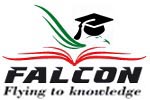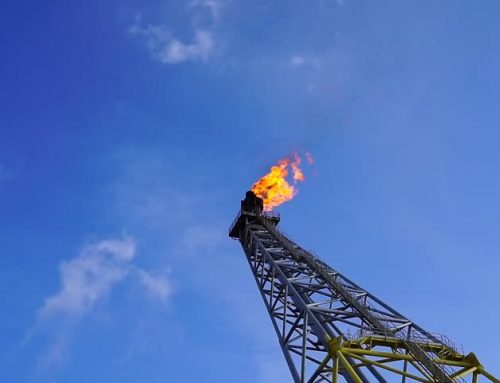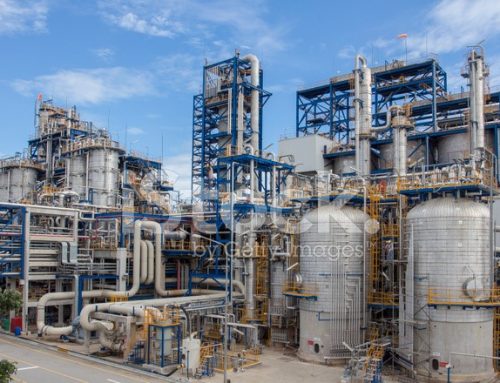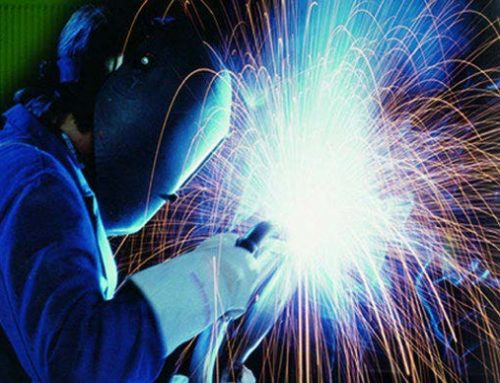Project Description
Why attend
The course is designed to provide an in-depth perspective of compressor technology in terms of selection, operation, maintenance and repair. Topics covered include: common types of compressors, compressor ranges of application, limitation and functions of compressors; the principles of equipment failure patterns; the common factors of why equipment fails; the different aspects of machinery corrosion; and the correct selection of materials for a given application..
The course will also cover the mechanisms and functions of compressors; the features of dry gas seal for centrifugal gas compressor; the failure solving of mechanical seal problems; variety of maintenance and repair methods used; and the basic model of bearing care, maintenance, bearing types and lubrication supervision.
Course Objectives
By the end of the course, participants will be able to:
Apply systematic methods for the operation, maintenance and troubleshooting of compressors.
Recognize the common types of compressors and the choices of applications and have an overview of centrifugal compressors including its type and function.
Identify the reasons of equipment failure patterns and review the common factors of equipment failures.
Distinguish between the different aspects of machinery corrosion and make the correct selection of material for a given application.
Define the basic methods for machinery troubleshooting and use them for most possible faults and failures of compressors (and pumps) and discover the various tactics to be considered when applying repairing actions.
Who should attend
This course provides an overview of all significant aspects and considerations of compressors in accordance with the international standards for those who are involved in the sizing, selection, operation, inspection, maintenance and troubleshooting of compressors. These include process engineers and operators, mechanical engineers, maintenance engineers and technicians, piping and pipeline engineers and supervisors.
Course Outline
- Overview of Rotating Equipment – Understanding its operation.
- Compressor Types and Terminology.
- Centrifugal – Axial – Reciprocating – Helical Screw – Ranges of Application and Limitations.
- Centrifugal Compressors Overview.
- Rotors – Balancing – Rotor Dynamic forces – Impellers – Casings.
- Troubleshooting / Preventive Maintenance elements for compressors.
- Bearings.
- Seal types: Labyrinth, Oil Seals & Self Acting Gas Seals.
- Couplings.
- Materials Selection.
- Types of Corrosion.
- Bath-Tub Curve.
- Actual Equipment Failure Patterns.
- Minimizing Failure Effect
- Case studies
- Equipment Condition Monitoring.
- Vibration Analysis.
- Fast Fault Finding.
- Acoustical Troubleshooting.
- Thermal Inspection.
- Oil Analysis
Principle of Operation.
Materials of Construction.
Manufacturing and Verification Testing
- Compression Packing.
- Automatic Packing.
- Basic Principles of Mechanical Seals.
- Face Materials.
- Secondary Seal Materials.
- Single Mechanical Seals.
- Flushing Plans.
- Seal Support Systems, Dual Sealing Systems and Flushing Plans.
- API 682 Reference Guide.
- Gas Barrier Seal Technology for Pumps.
- Support Systems for Dry Gas (Self Acting) Compressor Seal.
- Mechanical Seal Selection Strategies.
- Mechanical Seal Failure Analysis and Troubleshooting.
- Defining Leakage Rates.
- Establishing Seal Stability.
- Bellows Seal Repair
- Cartridge Seal Installation and Management
- Seal Face Care
- Bearing Care and Maintenance
- Basic Bearing Concepts
- Bearing Classifications
- Bearing Care and Maintenance
- Lubrication Management Break
- Poor Lubrication results – Fundamentals-Oil & Grease – Storage & Handling Methods
- Comparative Viscosity – Groupings
General Philosophy – Spare parts management and Maintenance Approach
The workshop
This interactive training course includes the following training methodologies as presented on the next column based on percentage of the total tuition hours:
Lectures
Workshops & Work presentation
Case Studies & Practical Exercises
Videos, Sofware & General Discussion
The course instructor may modify the above training methodology before or during the course for technical reasons with no prior notice to participants.
Falcon Consulting Professionals is established in Greece for the last 15 years in the areas of technical consulting and professional training for the local industries. Falcon is expanding in GCC, aiming to provide the best consulting and training solutions to the industries of the region. Falcon’s instructors are accredited trainers and highly experienced in their fields, as well as adult training. We aspire to build our business relationships on mutual trust. The achievement of results with an emphasis on innovation and sustainability, quality, cost analysis and time scheduling are non-negotiable from the conceptual phase of the training.







